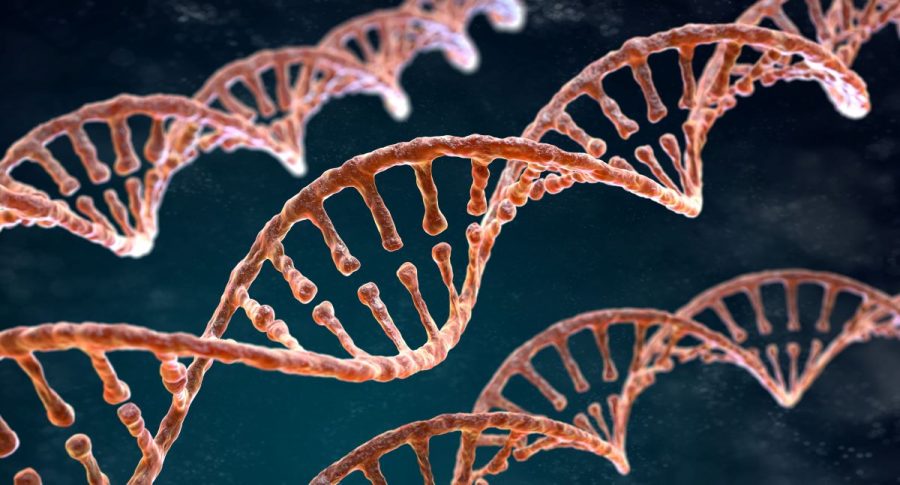In addition to brief but intense obsessions with deep sea creatures, legos, roller skating and my cousin’s old polly pockets, I spent a lot of time in elementary school at the library reading about Greek mythology. I was never a fan of Percy Jackson and the Olympians series–and obviously not the butchered movies–but for some reason the art and lore surrounding ancient Greece drew me in and kept my interest longer than anything else usually did.
As complicated and contradictory as the history can be, I want to explore the iconic and powerful goddesses and the art they have inspired on this blog. What better way to start than with one of the great Gods of Earth: Demeter
As one of the original 12 titans, Demeter had a lot on her plate, providing the harvest and fertility of the Earth. She is the daughter of Cronus and Rhea, making the most well-known titan, Zeus, her brother. He also made Demeter his fourth wife after striking down her mortal lover, and in true Zeus fashion, created an even more complicated family tree. The union resulted in Demeter’s only daughter, and one of my favorite Goddesses, Persephone. Stories and statues depict Demeter as a matronly figure and is most known for controlling the cycles of plant life and the seasons through the myth of Hades abducting Persephone.
Demeter threw the world into a famine in a fit of rage when she discovered her daughter had been taken and married to Hades, and, as rumor has it, with the help of Zeus. Understandably grieving–Demeter seems to be one of the more sensible Goddesses, compared to her siblings–Demeter came down from Mt. Olympus and eventually Zeus demanded Persephone be brought back to her mother from the underworld.
Even though the myth tells that Demeter wrought damage to the state of life by neglecting the crops on Earth leaving the forrests dead and civilizations hungry, people still widely honored her. Thesmophoria was a festival held in ancient Greece where women worshiped Demeter to promote the fertility of the people and agriculture. The women celebrated it for five days, and the rituals were unknown by men. In an even more secretive festival, the Eleusinian Mysteries–seriously the coolest name–one city celebrated the reunion between Persephone and her mother, but the facts of the rituals for this festival are, as the name would suggest, mostly mysteries lost to time.
Demeter was a true Goddess, celebrated for her power and care, so even Zeus and Hades obeyed her requests as the mother of Earth. I find her stories to be inspiring for how she persisted through hardships remaining loved and caring for the Earth. Demeter is a role model for the loyalty she had to her daughter, and in return the people of Greece honored her.


















































































